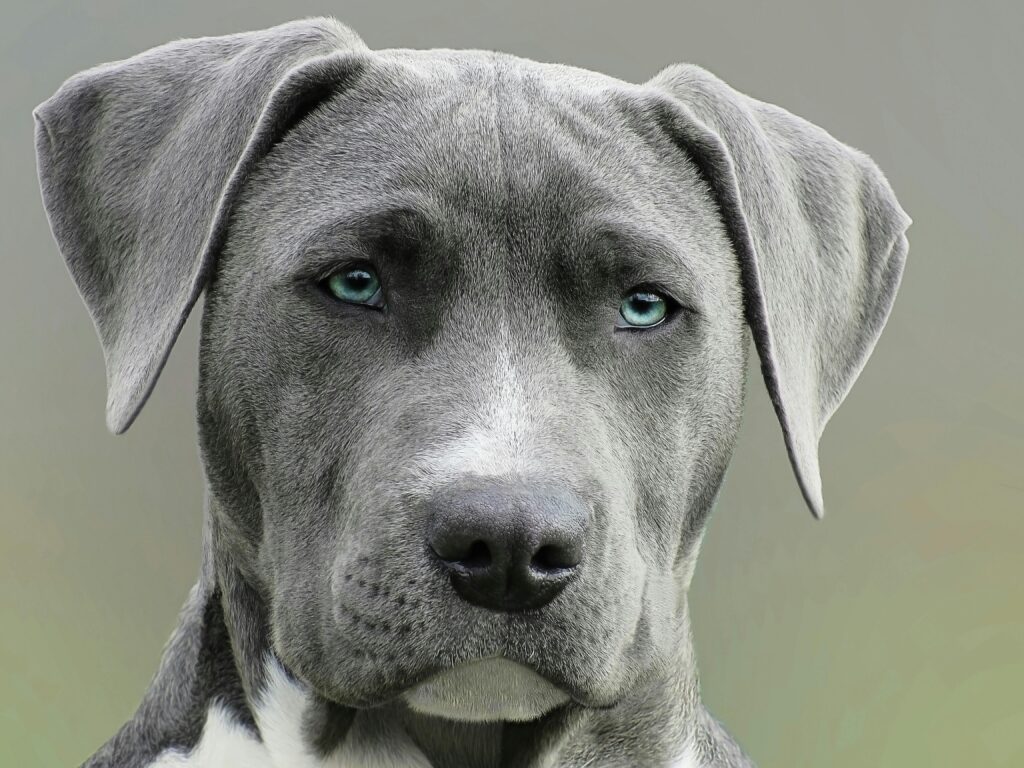cats and dogs very perty animal who snack throughout their waking hours, so if your cat finishes their meals and asks for more, this may indicate a problem, ranging from boredom and medical causes to simply needing more calories. Different commercially available foods have different caloric contents, and you can typically find a guide on the food container.
Because a cat’s metabolism is impacted by their individual characteristics, including age, weight, and spay/neuter status, ask your veterinarian for guidance on determining your cat’s ideal body weight. Your veterinarian can suggest how to adjust your cat’s meal plan to safely reach and maintain their target weight. Your veterinarian may even recommend switching your cat to one of several other food options that can help them feel
Some cats are better than others at cutting themselves off from the kibble when they’re no longer physically hungry. No different from some humans, some bored house cats have been known to snack purely out of boredom. Unfortunately, snacking when they aren’t actually hungry can lead to a host of medical conditions, including obesity, osteoarthritis, urinary problems and diabetes mellitus. According to Cornell Feline Health Center, obese cats are twice as likely to pass away when they’re middle-aged (that’s ages 6-12 for cats) compared to cats with a healthy weight. With this in mind, keeping your kitty occupied with activities beyond another trip to the food dish is a smart move on your part and well worth the effort.
If your cat always seems hungry, there could be a few reasons behind it. Here are some common ones:
1. *High Metabolism**: Some cats have faster metabolisms and require more food to feel satisfied. This is often the case with kittens, active cats, or those with certain health conditions.
2. *Diet Quality**: If your cat’s food isn’t nutritionally complete or is low in protein and fat, they might feel hungry more often. Check the ingredients and consider if a different brand might be better suited.
3. *Parasites**: Internal parasites like worms can increase appetite because they compete for nutrients in your cat’s digestive system. If you suspect this, a vet visit for a check-up and possible deworming might be needed.
4. *Medical Conditions**: Conditions like diabetes, hyperthyroidism, or certain types of tumors can increase appetite. If your cat’s hunger is sudden or accompanied by other symptoms (like weight loss or changes in behavior), it’s worth consulting a vet.
5. *Boredom or Behavioral Issues**: Sometimes, cats eat out of boredom or due to behavioral issues. Providing more stimulation through toys, playtime, or environmental enrichment might help.
6. *Feeding Routine**: Cats can sometimes beg for food out of habit or if they’re used to being fed at certain times. Ensuring a consistent feeding schedule and appropriate portion sizes can help.
If you’re concerned about your cat’s constant hunger, especially if it’s a recent change, it’s always best to consult with a vet to rule out any underlying health issues.
Certainly! Here’s a deeper dive into some potential reasons your cat might always be hungry:
1. High Metabolism and Energy Needs**
– **Young Cats:** Kittens and adolescents have higher energy needs and may appear hungrier as they grow. They need more calories to support their rapid growth.
– **Active Cats:** Cats that are particularly active or have a lot of playtime may require more calories. This is often seen in outdoor or very playful indoor cats.
2. Diet Quality and Type*
*Nutritional Balance:** Not all cat foods are created equal. Low-quality foods may be less nutritious, leaving your cat feeling hungry even after eating. Ensure that your cat’s food is high in protein and appropriate fats and contains essential vitamins and minerals.
– **Wet vs. Dry Food:** Some cats might feel more satisfied with wet food, which has higher moisture content compared to dry kibble. Wet food can help with hydration and may be more filling.
3. Medical Conditions**
– **Diabetes Mellitus:** A common condition in cats where they have high blood sugar levels, which can lead to increased appetite. Cats with diabetes often drink and urinate more frequently as well.
– *Hyperthyroidism:** An overactive thyroid gland can increase appetite, leading to excessive hunger and often weight loss. It’s a common condition in older cats.
– *Hyperadrenocorticism (Cushing’s Syndrome):** Though rarer in cats, this condition involves overproduction of cortisol and can cause increased appetite.
– *Gastrointestinal Issues:** Problems like inflammatory bowel disease (IBD) or gastritis can affect digestion and lead to increased hunger.
4. Parasites**
– *Worms and Other Parasites:** Intestinal parasites can cause an increase in appetite as they consume nutrients meant for your cat. Regular deworming and fecal checks can help prevent and address this.
5. Behavioral Factors**
– *Boredom:** Cats may eat out of boredom, especially if they’re left alone for long periods. Providing enrichment through toys, scratching posts, and interactive play can help.
– **Behavioral Issues:** Some cats develop behaviors around food that can lead them to beg or act hungry more frequently.
6. Feeding Practices**
– *Portion Control:** If you’re free-feeding (leaving food out all the time), your cat might graze more than necessary. Structured meal times with appropriate portions can help regulate their appetite.
– *Treats and Table Scraps:** Overfeeding treats or sharing table scraps can lead to an imbalance in their diet and increase hunger for more nutritious meals.
7. Environmental and Psychological Factors**
– *Stress or Changes:** Major changes in the household, such as a new pet or moving, can cause stress and changes in eating behavior. Ensure your cat has a stable and comforting environment.
If your cat’s increased hunger persists or is accompanied by other symptoms such as weight loss, changes in litter box habits, or vomiting, a visit to the vet is crucial. The vet can perform a thorough examination, run tests if needed, and provide tailored advice based on your cat’s specific needs.
